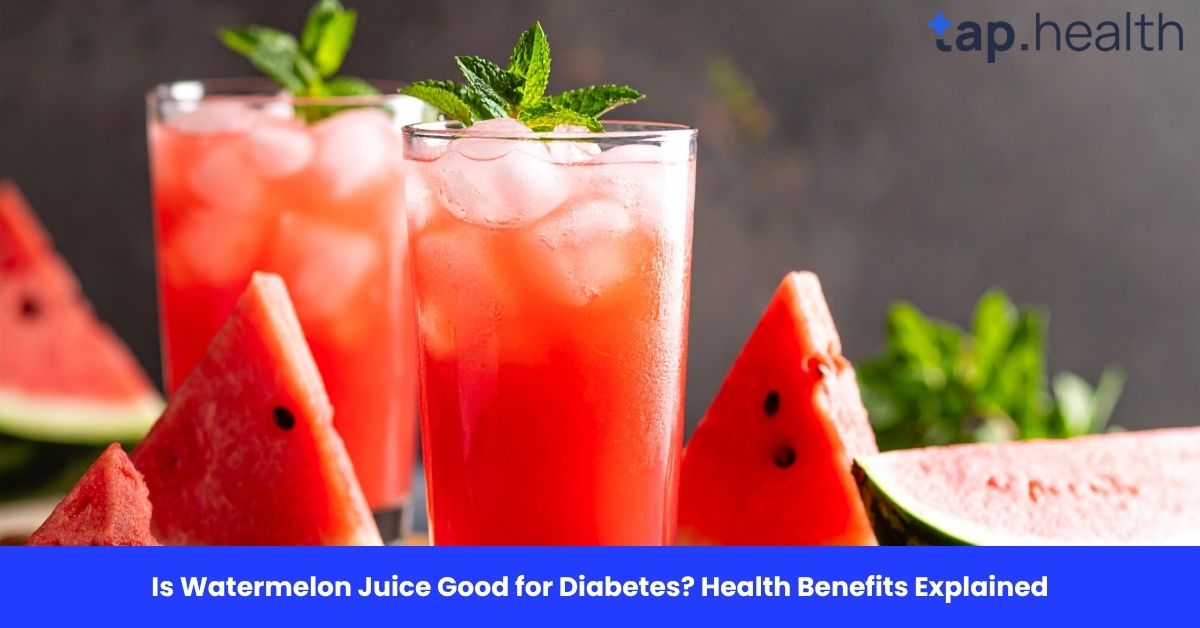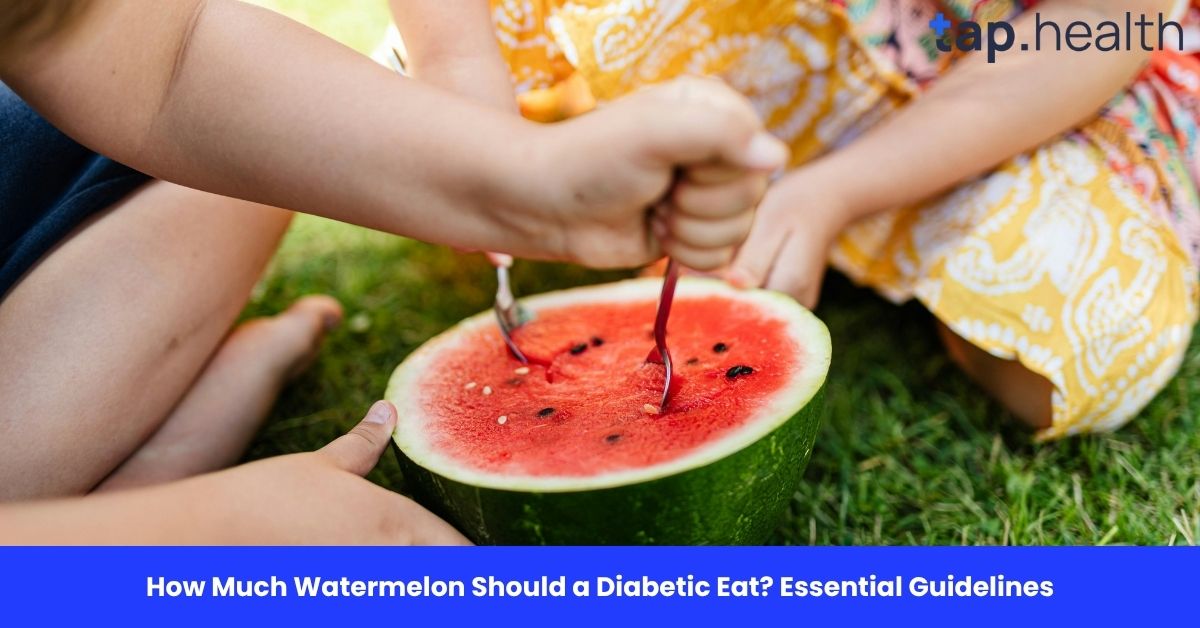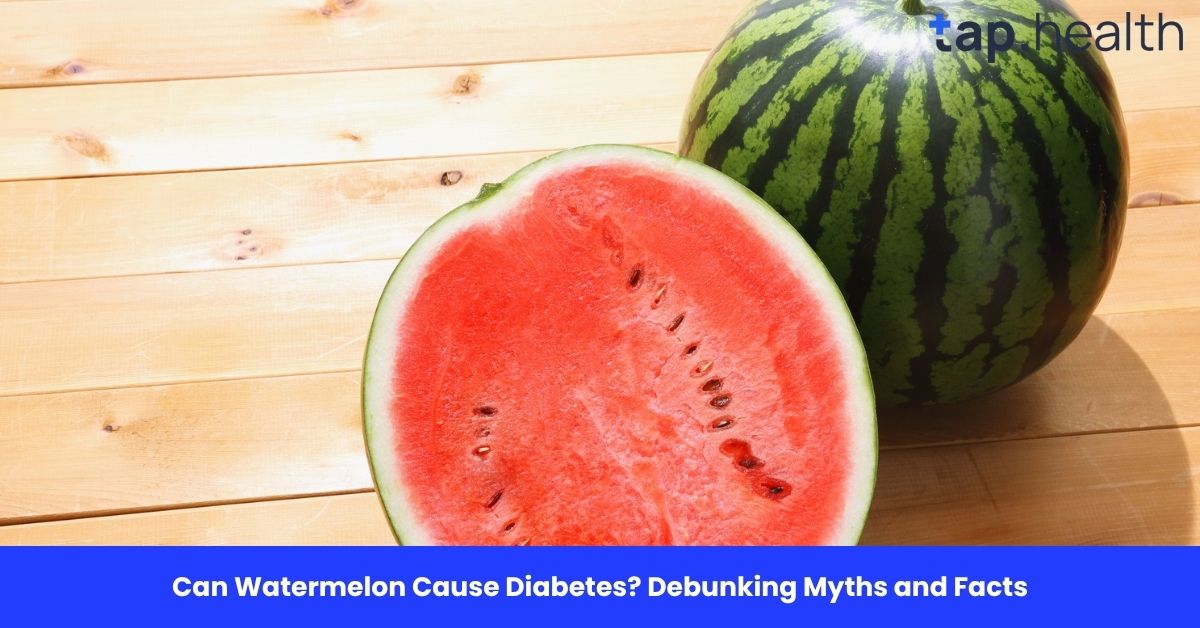In today’s fast-paced world, prioritizing healthy food choices is essential for maintaining physical and mental well-being. A balanced diet fuels your body, boosts immunity, and enhances energy levels, while poor choices like junk food can harm your health. This blog explores the importance of nutrition, the benefits of healthy eating, the risks of junk food, and practical tips for incorporating nutrient-rich foods into your diet.
Why Nutrition Matters for a Healthy Lifestyle
Nutrition is the cornerstone of a healthy body, providing the essential nutrients needed for growth, repair, and overall function. A well-balanced diet ensures your body gets the right mix of macronutrients (carbohydrates, proteins, fats) and micronutrients (vitamins, minerals) to thrive.
What Is the Role of Nutrients in the Body?
Nutrients serve specific purposes:
- Carbohydrates: Provide energy for daily activities.
- Proteins: Support tissue repair and muscle growth.
- Fats: Aid hormone production and protect organs.
- Vitamins and Minerals: Enhance immunity, bone health, and oxygen transport.
For instance, vitamin D strengthens bones, while iron supports blood oxygen levels. Deficiencies in these nutrients can lead to health issues, making balanced nutrition critical.
How Can You Achieve a Balanced Diet?
A balanced diet includes a variety of foods to ensure adequate nutrient intake. Focus on:
- Eating a range of colorful fruits and vegetables for diverse vitamins and minerals.
- Incorporating whole grains, lean proteins, and healthy fats.
- Avoiding excessive processed foods to maintain optimal health.
By planning meals thoughtfully, you can fuel your body efficiently and support long-term wellness.
Benefits of Choosing Healthy Foods
Healthy eating offers numerous advantages, from boosting immunity to improving mental health. Here’s how nutrient-rich foods positively impact your life.
How Does Healthy Food Boost Immunity?
Fruits, vegetables, and whole grains are packed with antioxidants that strengthen your immune system. Regular consumption reduces the risk of infections and chronic diseases, keeping your body resilient.
Can Healthy Eating Improve Physical Performance?
For active individuals, healthy foods provide the fuel needed for peak performance. Lean proteins, complex carbohydrates, and healthy fats support muscle recovery, endurance, and overall fitness goals.
How Does Healthy Food Affect Energy Levels?
Unlike processed foods that cause energy spikes and crashes, nutritious meals offer sustained energy. Whole foods like oats, nuts, and leafy greens keep you energized throughout the day.
Does Diet Impact Mental Well-Being?
Yes, a nutrient-rich diet supports brain health. Foods high in omega-3 fatty acids (like fish) and B vitamins (like leafy greens) can improve mood, reduce stress, and lower the risk of mental health disorders.
The Risks of Junk Food Consumption
While junk food is convenient and tasty, it poses significant health risks. Understanding these dangers can motivate you to make better food choices.
What Are the Hidden Dangers of Fast Food?
Fast food is often high in unhealthy fats, sodium, and sugars, contributing to:
- Obesity
- Heart disease
- High blood pressure
Limiting fast food intake is crucial for long-term health.
How Does Junk Food Affect Metabolism?
Junk food is calorie-dense but lacks essential nutrients, leading to weight gain and metabolic imbalances. Excessive sugars and fats disrupt energy regulation, increasing the risk of diabetes and other conditions.
Can Junk Food Impact Emotional Health?
Yes, studies link junk food to mood swings, depression, and anxiety. The blood sugar fluctuations caused by sugary foods can negatively affect emotional well-being.
Are There Long-Term Effects of Junk Food?
Junk food often contains artificial additives and preservatives, which may cause allergies, digestive issues, or even increase cancer risk. Choosing whole foods over processed options reduces these risks.
What Is the Social Impact of Junk Food?
Fast food marketing often targets vulnerable groups, like children and low-income communities, perpetuating unhealthy eating habits and health disparities. Awareness of these tactics can encourage better choices.
Healthier Food Choices for a Balanced Diet
Making smarter food choices doesn’t mean sacrificing flavor. Here are practical ways to incorporate nutrient-rich foods into your diet.
Why Choose Fruits and Vegetables?
Fruits and vegetables are rich in vitamins, minerals, and fiber, supporting digestion, immunity, and disease prevention. Opt for:
- Colorful varieties: Think berries, spinach, and bell peppers for a nutrient boost.
- Local and organic produce: Fresher and free from harmful pesticides, these options maximize nutritional value.
What Are the Benefits of Whole Grains?
Whole grains like quinoa, brown rice, and whole wheat bread provide fiber, sustained energy, and blood sugar regulation. They also reduce the risk of heart disease and aid weight management. Try lesser-known grains like farro or bulgur for variety.
How Can Lean Proteins Support Health?
Lean proteins, such as chicken, fish, tofu, and legumes, provide essential amino acids without excess saturated fats. Benefits include:
- Muscle repair and growth
- Increased metabolism
- Enhanced satiety
Plant-based proteins like lentils or tempeh are sustainable and nutrient-dense alternatives.
What Are Healthy Cooking Methods?
How you prepare food matters. Opt for:
- Grilling, baking, or steaming instead of frying to reduce unhealthy fats.
- Experimenting with spices to enhance flavor without added sugars or sodium.
These methods preserve nutrients and make healthy eating enjoyable.
Practical Tips for Making Healthy Food Choices
Here are actionable steps to incorporate healthier foods into your daily routine:
- Plan Meals Ahead: Create a weekly menu to ensure a variety of nutrients.
- Shop Smart: Choose fresh, whole foods and avoid processed snacks.
- Read Labels: Check for hidden sugars, sodium, and additives in packaged foods.
- Cook at Home: Preparing meals allows you to control ingredients and portions.
- Diversify Your Plate: Include a mix of fruits, vegetables, whole grains, and proteins in every meal.
Conclusion: Take Charge of Your Health
Making healthy food choices is a powerful way to improve your physical and mental well-being. By prioritizing nutrient-dense foods like fruits, vegetables, whole grains, and lean proteins, you can boost immunity, enhance energy, and support emotional health. Conversely, limiting junk food reduces the risk of obesity, metabolic issues, and mental health challenges. Start small by incorporating healthier options into your meals and experimenting with new recipes. With mindful choices, you can achieve a balanced, fulfilling lifestyle.



